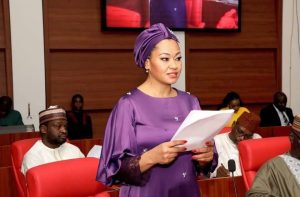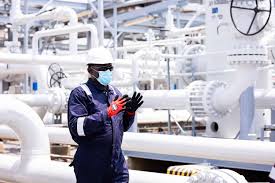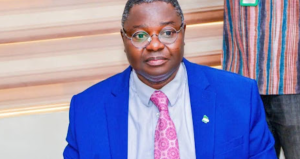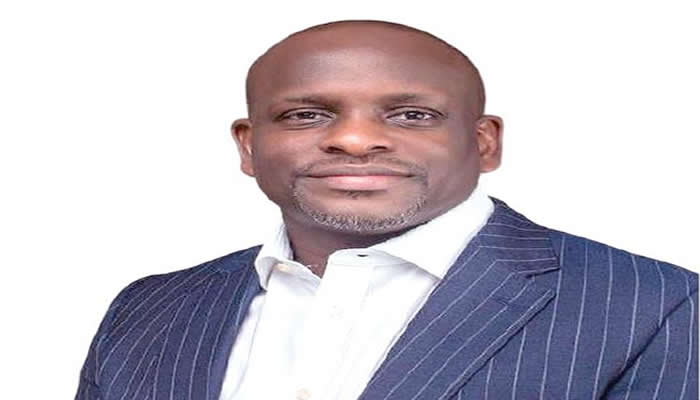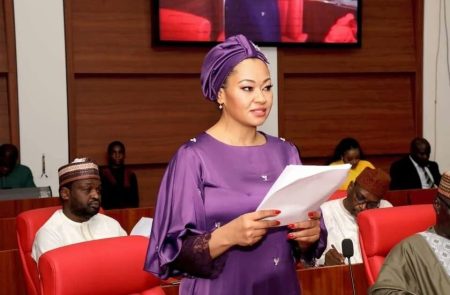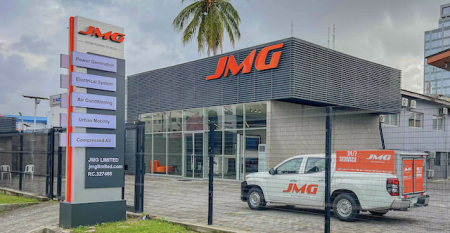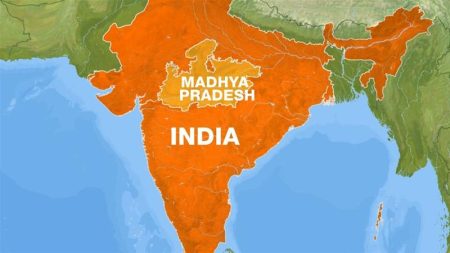Paragraph 1: The Imperative Shift to Non-Fossil Fuel Boat Engines in Lagos Waterways
The General Manager of the Lagos State Waterways Authority (LASWA), Oluwadamilola Emmanuel, has emphasized the urgent need to transition from conventional fossil fuel-powered boat engines to cleaner, more sustainable alternatives within the state’s waterways. This call for change stems from the numerous challenges associated with traditional combustion engines, including environmental pollution, noise pollution, and the fluctuating cost of fossil fuels. The move towards eco-friendly propulsion systems aligns with global efforts to mitigate climate change and improve air quality, particularly in densely populated urban areas like Lagos.
Paragraph 2: Addressing Challenges and Fostering Growth in Waterways Transportation
Emmanuel acknowledged the inherent challenges in managing and developing waterway transportation in a bustling metropolis like Lagos. However, he views these obstacles as opportunities for innovation and growth. The issues encountered with fossil fuel engines, in particular, have underscored the necessity for a shift towards cleaner technologies. This transition presents an opportunity not only to address environmental concerns but also to enhance the overall efficiency and reliability of waterborne transport.
Paragraph 3: A Multi-pronged Approach to Enhancing Waterways Transportation
LASWA is implementing a multifaceted strategy to improve waterway transportation, encompassing infrastructure development, securing financial resources, and providing comprehensive training programs. Infrastructure improvements include the construction and upgrading of jetties, terminals, and navigational aids to ensure safe and efficient movement of vessels. Securing adequate funding will be crucial for acquiring new vessels, implementing new technologies, and maintaining existing infrastructure. Training programs will focus on equipping personnel with the necessary skills to operate and maintain the new non-fossil fuel-powered vessels.
Paragraph 4: Envisioning a Hybrid Propulsion System for Optimal Performance
The proposed shift to non-fossil fuel engines involves the adoption of a hybrid system, combining different power sources for optimal performance and flexibility. This hybrid approach will incorporate electric power, supplemented by solar energy and a small compressed natural gas (CNG) component. The integration of these diverse energy sources ensures a reliable and efficient propulsion system while minimizing reliance on traditional fossil fuels. The hybrid design allows for greater operational range and reduces the risk of downtime due to reliance on a single power source.
Paragraph 5: The Benefits of Transitioning to Hybrid Propulsion Systems
The adoption of hybrid propulsion systems offers numerous advantages for Lagos waterways. Firstly, it significantly reduces greenhouse gas emissions, contributing to cleaner air and a healthier environment for residents. Secondly, the reduced reliance on fossil fuels translates to lower operating costs, making waterway transportation more affordable and accessible. Thirdly, the quieter operation of electric and hybrid engines minimizes noise pollution, enhancing the overall experience for passengers and residents along the waterways. Finally, the diversification of energy sources ensures greater reliability and resilience in the face of fuel price fluctuations or supply disruptions.
Paragraph 6: A Sustainable Future for Lagos Waterways
The move towards non-fossil fuel boat engines represents a significant step towards creating a more sustainable and environmentally friendly transportation system in Lagos. By embracing hybrid technology, LASWA aims to reduce its carbon footprint, improve air quality, and enhance the overall efficiency of waterway transportation. This initiative aligns with global efforts to combat climate change and promote the use of renewable energy sources. The transition to cleaner propulsion systems is not only environmentally responsible but also economically advantageous, ensuring a more sustainable and prosperous future for Lagos waterways.


